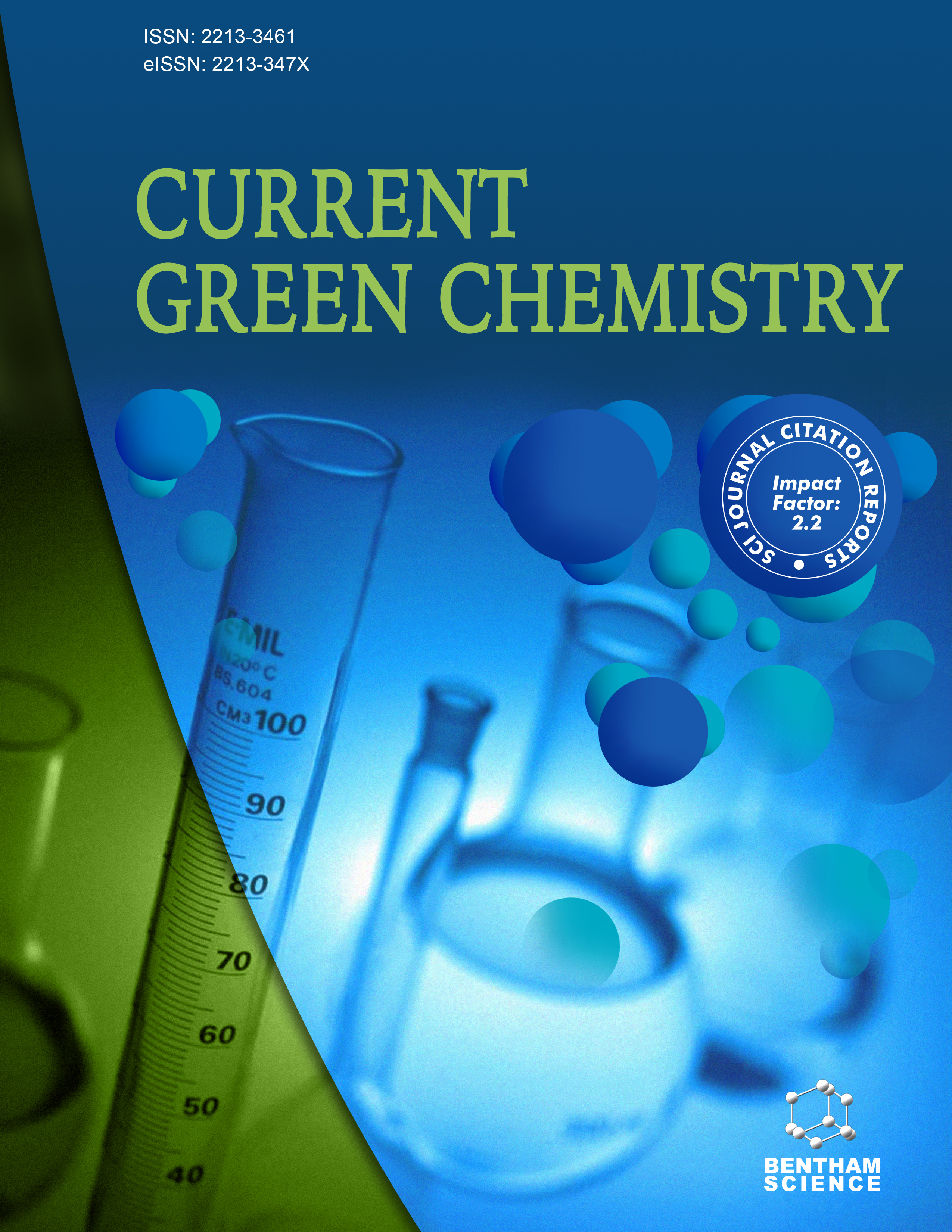
Full text loading...
This comprehensive analysis investigates the current state of development and emerging applications of aerogels and xerogels in wastewater treatment. Aerogels and xerogels, which are characterized by their distinctive porosity architectures and extraordinary material qualities (low density and high surface area), have received much interest in recent years for their potential to transform the field of wastewater treatment. In this study, we present a complete overview of the synthesis processes and structural properties of these materials, highlighting current advancements and innovations. As adsorbents, catalysts, thermal insulation materials, or drug delivery matrices, they have been employed in a number of different disciplines. Aerogels and xerogels have demonstrated their adsorption capability by effectively collecting a wide spectrum of pollutants contained in wastewater. These include the removal of potentially hazardous and deleterious components such as metal ions and organic dyes, which are prevalent in wastewater streams, as well as other organic compounds. Our analysis not only covers the synthesis and applications of aerogels and xerogels, but it also highlights eco-friendly synthesis alternatives, in line with the growing demand for sustainable material preparation methods. Against the backdrop of rising global water concerns, this analysis highlights the promising potential of these materials to play a crucial role in providing sustainable wastewater treatment solutions, thereby establishing a critical future goal.

Article metrics loading...

Full text loading...
References


Data & Media loading...

